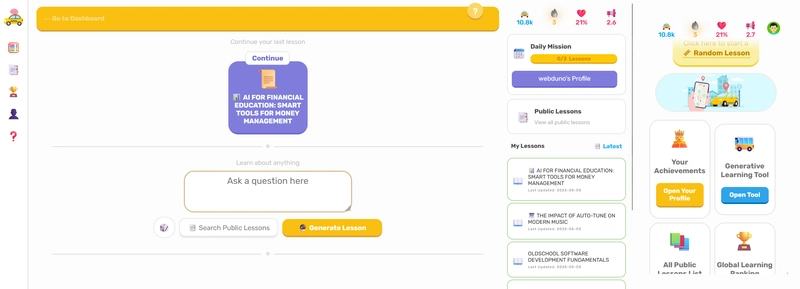In the fast-paced world of software development, teamwork is not just beneficial—it’s essential. Whether working on a small startup project or a large enterprise system, collaboration among developers, designers, testers, and project managers plays a crucial role in delivering high-quality software efficiently. This article explores why teamwork is vital in software development and how it contributes to success.
1. Enhances Problem-Solving and Innovation
Software development often involves complex challenges that require diverse perspectives. A team brings together individuals with different skills, experiences, and ideas, fostering creativity and innovation. Brainstorming sessions, code reviews, and pair programming allow team members to share insights and find optimal solutions faster than working in isolation.
2. Improves Code Quality
Teamwork promotes accountability and collective ownership of code. Through peer reviews and collaborative debugging, developers can identify and fix issues early, reducing technical debt. Tools like GitHub and GitLab facilitate version control and collaborative coding, ensuring that the final product is robust and maintainable.
3. Accelerates Development Speed
Dividing tasks among team members allows for parallel workstreams, speeding up development. Agile methodologies, such as Scrum and Kanban, rely on teamwork to break projects into manageable sprints, ensuring continuous progress. A well-coordinated team can deliver features and updates more efficiently than a solo developer.
4. Encourages Knowledge Sharing
In a collaborative environment, junior developers learn from seniors, and team members share expertise in different technologies. This continuous learning culture prevents knowledge silos and ensures that the team grows together, improving overall competency.
5. Ensures Better Risk Management
When multiple people review requirements, architecture, and code, potential risks—such as scalability issues or security vulnerabilities—are identified early. Team discussions and retrospectives help in anticipating challenges and adjusting strategies proactively.
6. Enhances User-Centric Development
A diverse team, including developers, UX designers, and QA testers, ensures that the software meets user needs effectively. Collaboration helps balance functionality, usability, and performance, leading to a better end product.
7. Boosts Team Morale and Job Satisfaction
Working in a supportive team environment reduces burnout and increases motivation. Celebrating milestones, providing constructive feedback, and fostering open communication contribute to a positive workplace culture.
Conclusion
Teamwork is the backbone of successful software development. It drives innovation, improves efficiency, and ensures high-quality outcomes. By fostering collaboration, communication, and mutual respect, development teams can overcome challenges and deliver software that truly makes an impact.
Investing in teamwork—through agile practices, effective tools, and a collaborative mindset—is not just a best practice; it’s a necessity in today’s competitive tech landscape.
